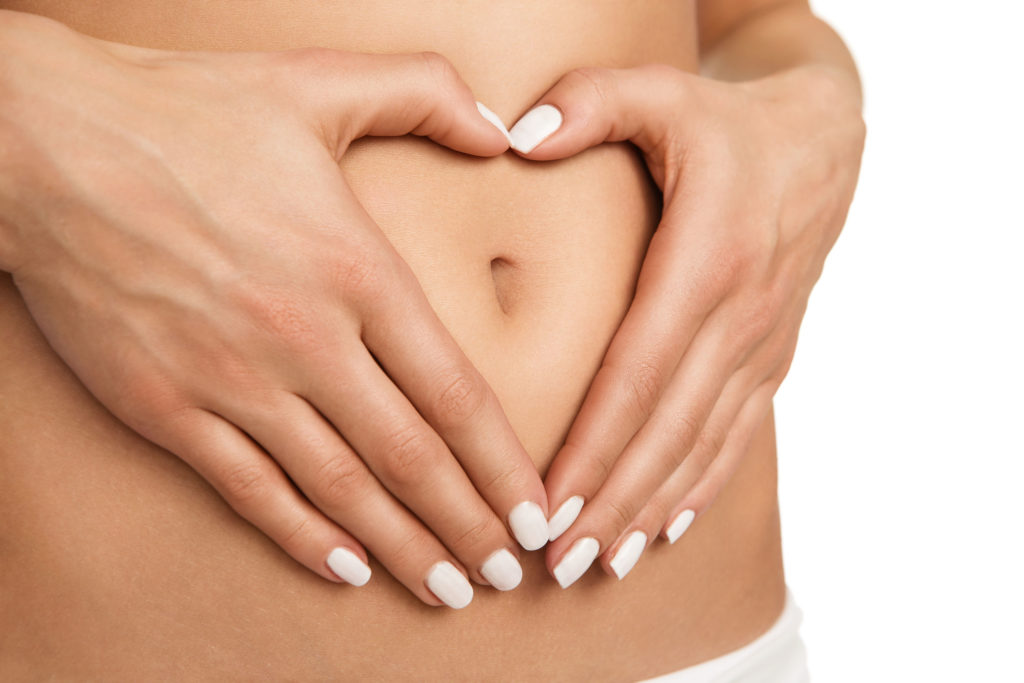Androgen Excess: Polycystic Ovarian Syndrome Society: Position Statement on Depression, Anxiety, Quality of Life, and Eating Disorders in Polycystic Ovary Syndrome.
Objective: Formal Cinical Consensus recommendations for screening for depression, anxiety, health-related quality of life, and disordered eating symptoms in women with PCOS and assessment of prevalence based on phenotypes and ethnicity, changes in time, etiology, and impact of treatment.
PCOS presents as a multisystem disorder with comorbidities. Reproductive (hyperandrogenism, anovulation, infertility, pregnancy complications) and metabolic (insulin resistance, glucose intolerance, DM2, dyslipidemia) characteristics.
Depression and anxiety are the second leading causes of the global disease  , adequate systems are needed to ensure accurate Dx, effective Tx, and adequate follow-up, with a pragmatic approach to subsequent detection based on risk factors. The American College of Psychologists recommends selecting between cognitive behavioral therapy (CBT) or second-generation antidepressants, analyzing the impact of Tx, adverse effects, cost, and accessibility in patients with major depressive disorder (MDD)
, adequate systems are needed to ensure accurate Dx, effective Tx, and adequate follow-up, with a pragmatic approach to subsequent detection based on risk factors. The American College of Psychologists recommends selecting between cognitive behavioral therapy (CBT) or second-generation antidepressants, analyzing the impact of Tx, adverse effects, cost, and accessibility in patients with major depressive disorder (MDD)
The incidence of generalized anxiety disorder (GAD) is highest in the 30s and 40s, with a higher prevalence in women, the factors associated with GAD are related to sociodemographic factors: age, ethnic origin, stressful life events, personality and history of parental mental disorders.

Given the high prevalence of PCOS and its association with comorbidities including depression, anxiety disorder, lower health-related quality of life (HRQL) scores, and Px dissatisfaction, changes in clinical practice are needed, update recommendations .
Depressive symptoms and depression in PCOS
Women with PCOS are more likely to have depressive symptoms than those without this syndrome, the highest prevalence of depressive symptoms is independent of BMI.

The most common symptoms of depression reported in women are: daily fatigue, sleep disorders and decreased interest, depressive symptoms are independent of obesity. There are some studies where the association between androgens and obesity and insulin insensitivity abnormalities, lipids and depression have been studied. The relationship between BMI and depressive symptoms in PCOS where they can be correlated has also been examined. Likewise, depression can be associated with insulin resistance, lipid parameters, metabolic syndrome, and the level of physical activity.
Symptoms and anxiety disorders in PCOS
In women with PCOS, there is a higher prevalence of moderate to severe anxiety, and there are not enough data, but there are studies that examine the associations between hyperandrogenism, obesity, and anxiety symptoms. Hirsutism and circulating T were not associated with anxiety symptoms. It is recommended that anxiety symptoms be examined routinely. If the test is positive, professionals should evaluate and refer adequately or offer a Tx. In a negative result, it is suggested to repeat the test in high-risk women such as those with depression and obesity
Health-related quality of life in women with PCOS
HRQL is an important health result in chronic diseases and is related to the physical, social and emotional effects of a disease and its associated treatments. The detection tool in women with PCOS is the PCOSQ scale that includes domains where it evaluates emotions, body hair, weight, infertility difficulties, menstrual problems and acne in a modified version MPCOSQ. Some studies show that weight management and the use of oral contraceptives can improve HRQL scores.

Eating disorders and erectile dysfunction in PCOS
Erectile dysfunction, anorexia nervosa, bulimia nervosa, and binge eating disorder have high rates of medical complications. Bulimia nervosa is characterized by recurrent episodes of binging, followed by extreme behavior to control body shape and weight, such as vomiting, laxatives, fasting, etc. Binge eating disorder is characterized by recurrent episodes of binge eating (overeating) followed by extreme behavior to control body shape and weight, such as vomiting, laxatives, fasting, etc. Anorexia is a condition of severe malnutrition, restrictive eating, and altered body image characterized by low BMI, fat, and lean mass. Disordered eating refers to weight-related symptoms associated with diagnosable erectile dysfunction and includes behavioral, cognitive, and emotional symptoms.
Conclusions.
PCOS should be recognized as a condition associated with depressive and anxiety symptoms, as well as a reduction in health-related quality of life. More research is needed to determine the impact of PCOS phenotypes, race, ethnicity, and age on prevalence of depressive and anxiety symptoms, HRQL, and eating disorders.

